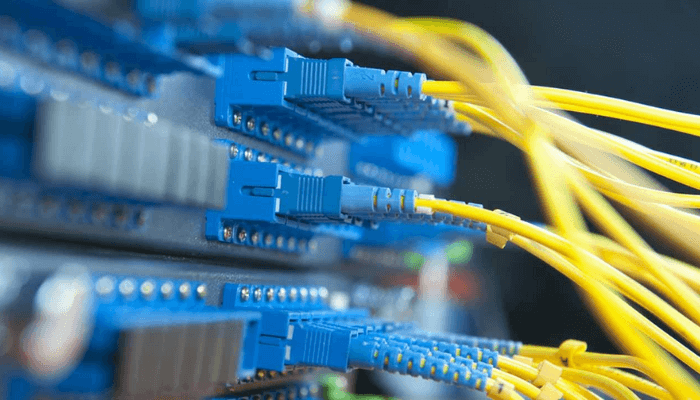Over 120 million Nigerians remain offline despite the rapid rise of mobile internet usage in recent years. A recent report by GSMA, a global body for mobile operators, highlights that poor internet infrastructure and the high cost of mobile phones and data are the main reasons for this digital exclusion.
The report reveals that while internet services are technically available in many areas, only 29% of Nigerians—around 58 million people—actively use them. This leaves a significant portion of the population disconnected from the digital world.
Urban vs. Rural Divide
The divide is worse in rural areas:
- Only 26% of rural dwellers have smartphones, compared to 59% in cities.
- Internet usage in rural areas is also low at 28%, while urban areas record a much higher 59%.
The cost of entry-level smartphones is a major factor. In Sub-Saharan Africa, these phones can cost as much as 99% of the monthly income of the poorest 20% of the population. GSMA suggests that reducing the price of internet-ready devices to $20 could significantly close this gap.
Infrastructure Issues
Apart from affordability, infrastructure gaps remain a major hurdle:
- The Nigerian Communications Commission (NCC) estimates that 27 million Nigerians live in areas without telecom services.
- 301 local government areas lack internet access completely.
In Sub-Saharan Africa, 13% of the population still has no access to mobile internet infrastructure, making the region the most underserved globally.
Beyond Infrastructure
While improving infrastructure is essential, issues like low digital literacy, concerns about online safety, and a lack of relevant content also keep people offline. GSMA stresses that bridging the digital divide requires more than just better infrastructure—it also means addressing these barriers to usage.
Closing the global digital gap could bring major economic benefits, adding up to $3.5 trillion to the world’s GDP by 2030, with $900 billion projected for that year alone.
Government Plans to Bridge the Gap
The Nigerian government is taking steps to address the problem. Dr. Bosun Tijani, Minister of Communications, Innovation, and Digital Economy, recently announced plans to expand the country’s fibre-optic network from 35,000km to 125,000km.
With support from the World Bank, the government is raising $2 billion to fund the project, which is expected to begin within six months after receiving approval from the Federal Executive Council (FEC).
Hope for Digital Inclusion
Once completed, this project will:
- Improve telecom service quality.
- Connect more communities to the internet.
- Enable millions of Nigerians to benefit from the opportunities of the digital economy.
Dr. Tijani emphasized, “By connecting more communities, we can ensure that many more Nigerians can enjoy the benefits of the digital economy.”
The initiative is a step forward in reducing Nigeria’s digital divide and bringing the benefits of the internet to all.




